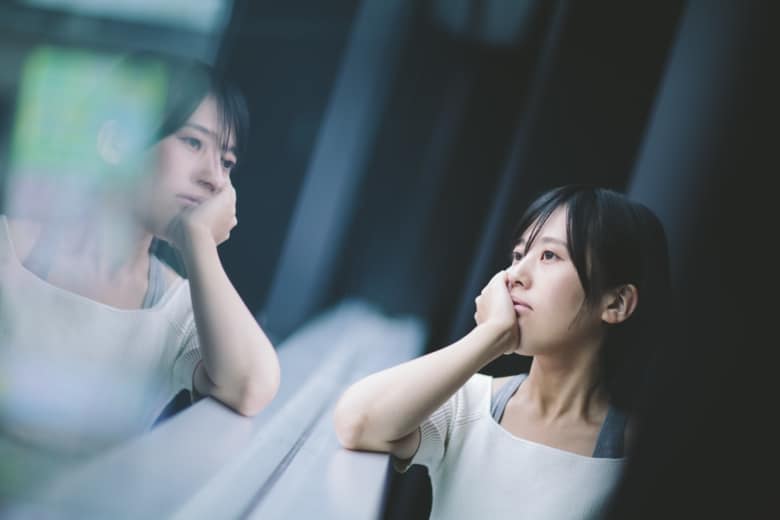Reflecting on Autism During this Period of Self-Isolation and Social Distancing

Over the past several months, due to the COVID-19 pandemic, the majority of Americans have been social distancing and staying at home in self-isolation and/or quarantine in attempts to flatten the curve. Some of you are alone during this time. Some have the good fortune to be in some form of accompanied isolation with family or friends or maybe just the Internet. But to be truly alone, with whatever challenges that presents, must be daunting. I hope you are finding peace and optimism. For whatever it may be worth, I have found beautiful inspiration from those who have an interesting propensity for a solitary outlook. There is a fitting convergence of our current state of being and autism awareness.
In 1943, Leo Kanner coined the term ‘autism’ from the Greek word for self – ‘autos’ – after studying the mannerisms of eleven children that seemed to flourish in isolation. Kanner noted that these children showed an “obsessive insistence on persistent repetition and a powerful desire for aloneness.”
“Oddballs.” “Loners.” Kanner’s writings describe children that obsess over random things like punctuation and rock formations and the lengths of pencils. If only Kanner could see my kid and the way he looks at trains.
It is not possible for anyone to truly and perfectly understand the lived experience of another human being, but the very attempt to do so may be one of the most healthy mental exercises one can undertake. I am lucky to be the dad of an autistic son. My attempts at empathy and understanding, as futile as they may be, always leave me with a desire to keep trying to understand.
In the same sense that I am drawn to the unending tapestry and endless possibilities of the game of baseball, I have developed an intense curiosity about autism. As the saying goes, “If you’ve met one autistic person, you’ve met…one autistic person.” The same goes for all of us. Break down the swing mechanics of any two world-class hitters, and you will find as many differences as fundamental similarities. If I have learned anything from an incessant daily observation of both autism and baseball, it is that the mold of convention will always be broken by the breathtaking force of deviation and innovation.
We are all so very different, and that is the very essence of what makes the world interesting. Let’s celebrate the differences in all of us.
Adam Hislop
2020
The views expressed in this paper are those of the author(s) and do not necessarily represent the views of the NLM Family Foundation.
